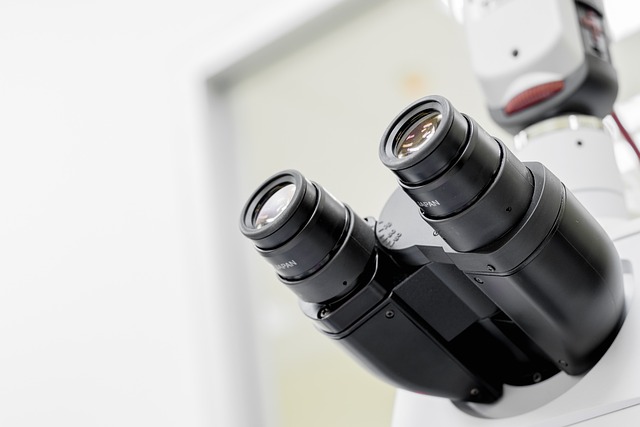
Empowering Innovation: The Impact of Self-Directed Learning in Science, Technology, and Workplace Culture
In today’s fast-paced world, where technological advancements and scientific breakthroughs happen at lightning speed, the importance of self-directed learning cannot be overstated. Self-directed learning empowers individuals to take control of their educational journeys, allowing for a richer, more personalized exploration of knowledge in the fields of science and technology.
In science, curiosity and the drive to inquire are vital components of any researcher’s toolkit. Self-directed learning thrives on these principles, encouraging scientists to pursue areas that ignite their passions. Rather than sticking strictly to traditional educational paths, individuals can explore niche subjects, keep abreast of the latest findings, and even contribute to fields like biotechnology or astrophysics in ways that formal schooling may not always cover. This autonomy cultivates innovation, as individuals are not confined by rigid curricula but are instead free to explore emerging scientific paradigms, challenge existing theories, and develop new hypotheses.
Similarly, in the realm of technology, self-directed learning has transformed how professionals upskill and adapt to rapidly changing landscapes. The tech industry is characterized by constant shifts, with new coding languages, frameworks, and tools emerging almost daily. Those who embrace self-directed learning can pick and choose which skills to develop based on personal interest or industry demand. Online platforms offer a plethora of resources, from coding bootcamps to AI workshops, allowing tech enthusiasts to learn at their own pace. This proactive approach not only enhances individual capability but also fosters a culture of innovation within organizations, as teams and individuals become more agile, creative, and responsive to market needs.
Workplace culture plays a significant role in cultivating an environment that embraces self-directed learning. Companies that encourage employees to pursue personal and professional development often reap the rewards of enhanced creativity and productivity. When employees feel empowered to learn independently, they are more likely to bring fresh ideas and innovative solutions to the table. This creates a positive feedback loop: enlightened employees drive company success, and in turn, companies that support self-directed learning attract more top talent eager for growth and development.
The fusion of self-directed learning into the workplace also encourages collaboration and knowledge sharing among peers. With various individuals taking control of their learning paths, an enriching exchange of ideas and skills occurs organically. Employees who engage in self-directed learning share insights from their explorations, fostering a vibrant community of continuous improvement and interdisciplinary collaboration. This cultural shift can lead to a more dynamic, engaged workforce ready to tackle challenges and innovate solutions that resonate on multiple levels.
In summary, self-directed learning is a powerful catalyst for innovation across science, technology, and workplace culture. As individuals move beyond the confines of traditional education, they open themselves up to new possibilities and creative endeavors. By embracing the principles of self-directed learning, organizations can cultivate a thriving environment where innovation flourishes, ultimately leading to a more adaptive, knowledgeable, and empowered workforce.



